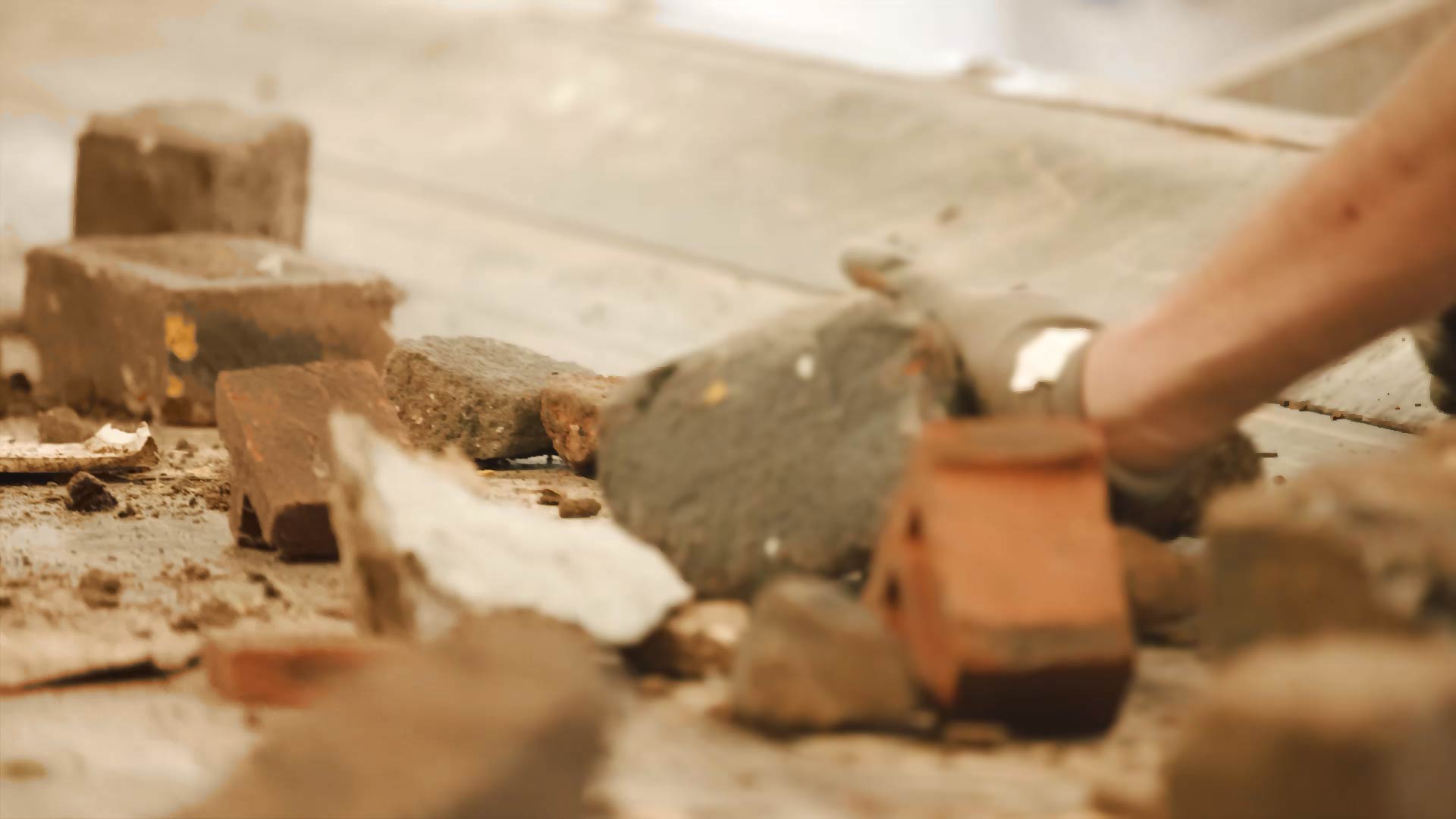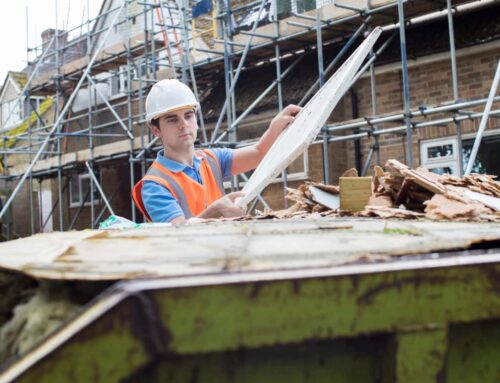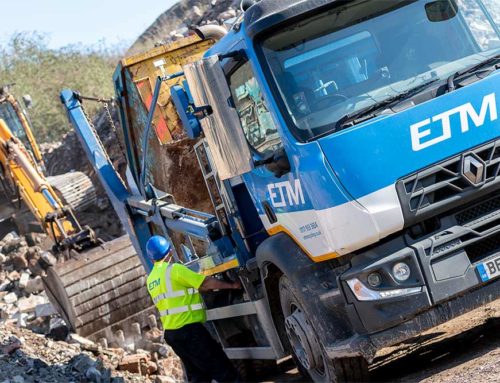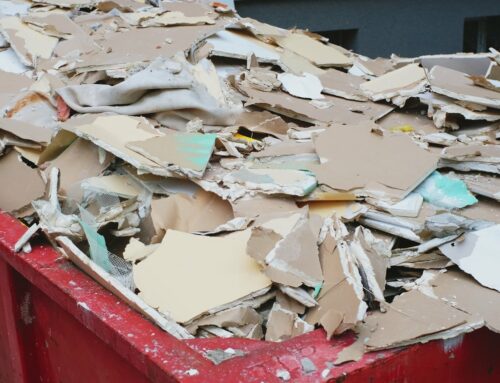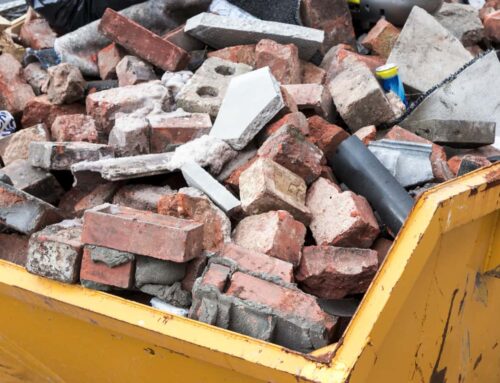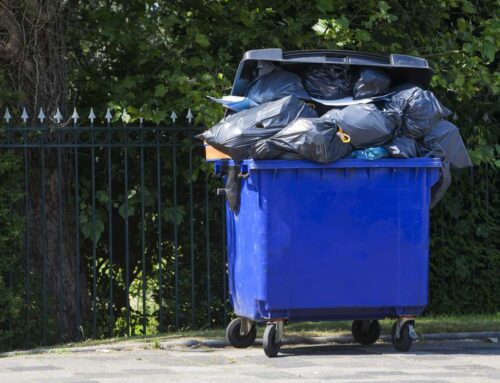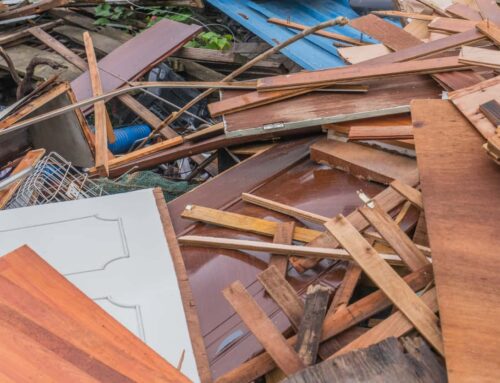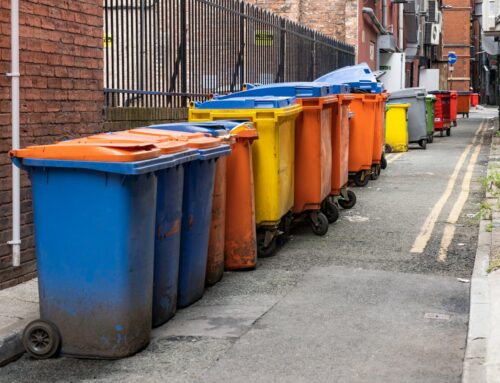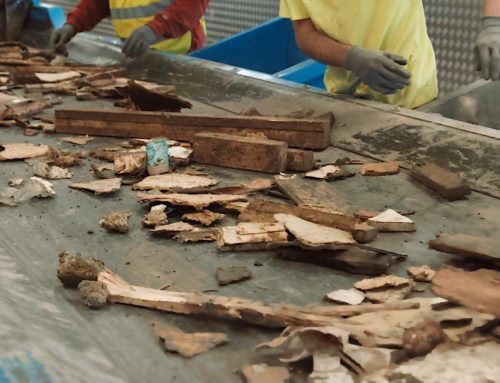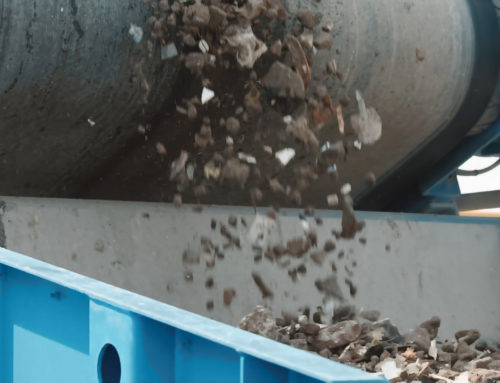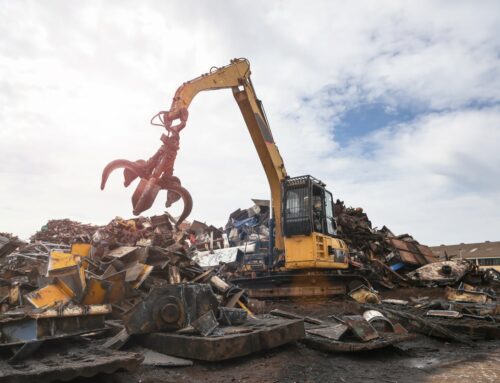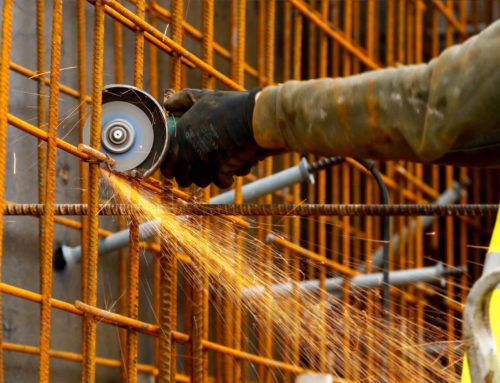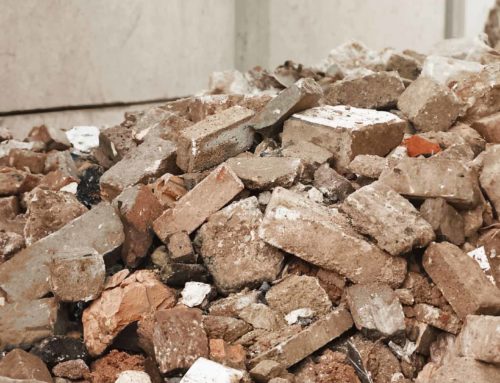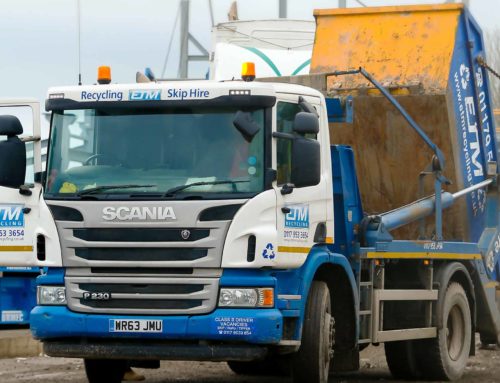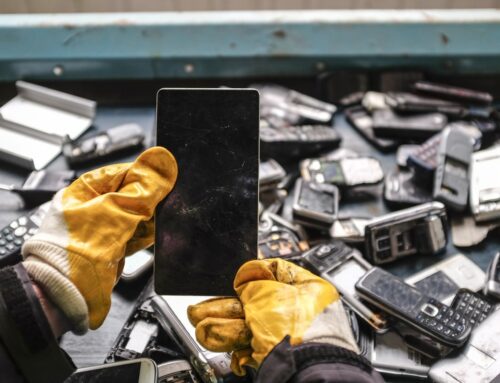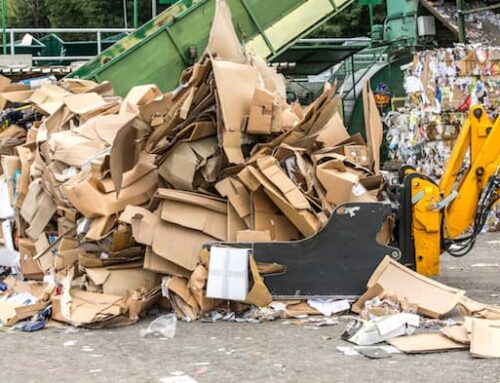Changes to Wood Waste Regulations in 2023
Stay up to date on the latest developments and changes to regulations in wood waste regulations. The Wood Recycling Association (WRA) has conducted a series of examinations resulting in the withdrawal of the Regulatory Position Statement (RPS) 250, changing the way that several types of wood waste need to be classified and handled.
Find out more about the changes in regulation and how they might affect you >
Any construction or renovation project is going to leave you with a lot of waste – often in large, heavy, and awkward pieces – and that’s why it is an imperative to have a plan for its disposal. Knowing where and how you are going to transfer your waste before you start your project will save you a lot of stress.
It’s a criminal offence to leave your waste in an area that is not licensed to receive it. It’s not uncommon for people to unknowingly run afoul of fly-tipping, and so you should take special care to avoid this, as doing so will land you a hefty fine and a criminal record.
Thankfully, there are plenty of affordable services dedicated to helping people dispose of their building waste. At ETM Recycling, we offer a comprehensive range of quality waste management services, designed to help home renovators handle their waste as efficiently and ethically as possible.
In today’s post, we’ve put together a comprehensive guide to help you navigate the entire process.
Typical Waste Created from Home Renovation Projects
The waste generated by home renovation projects can vary widely depending on the nature of the project, the type of property in question, and the scope of the works. Common waste materials that arise include:
- Plywood, boards, pallets, and other construction timber.
- Timber from stripped floorboards, wall panelling, furniture, doors, skirting boards, window frames, and other household materials.
- Timber stripped from sheds, fences, and other garden materials.
- Ceramics, such as porcelain and stoneware. This can include roofing tiles, floor tiles, sinks, toilets, and bathtubs.
- Mirrors and glass.
- Carpets.
- Concrete, asphalt, and roof shingles.
- Brickwork, drywall, and masonry.
- Various metals.
- Rubble and excavated soil.
- Disused tools and materials.
How Best to Dispose of Your Renovation Waste
No matter how big or small your project, you will be left with waste that needs proper disposal. Whether you are simply refurbishing your living room or installing a new driveway, you’ll want to have a strategy for your waste management beforehand.
Discuss with Contractor
When reviewing a quote with a tradesman, it is worth it to enquire about waste. The responsibility for its disposal depends on what exactly your project is, but government guidelines define construction as “business or commercial waste”, which largely falls under the responsibility of the contractor. It’s best to discuss waste with the tradesman early so that there isn’t miscommunication and ambiguity that could leave you with a heap of rubbish on your property down the line.
Skip Hire
The most popular and efficient method for waste disposal for home renovations is making use of a skip hire service. This is where a company delivers a skip to your doorstep and then collects it once the project is finished. At the beginning you will discuss your project with them in order to determine the right size. Naturally, it is better for the skip to be too big rather than too small, as it won’t be able to be collected if it is overflowing.
There are many reasons why hiring a skip is the preferred method of waste removal:
- Having a skip to dispose of your rubbish during a project saves a lot of space for you and your workers, preventing clutter.
- Cleaning up construction materials is both tiresome and time-consuming – especially for larger renovation projects. Making use of a professional service can therefore save you a lot of stress.
- Skip hire companies are generally very eco-friendly. A competent service will ensure that everything is disposed of in the cleanest way possible, rather than just dumping it in a landfill. You can be sure that what can be recycled, will be recycled, and that unsafe materials will have a place to go.
- Given the convenience, skip hire services are considered to be a very cost-effective solution. Most will come at a very affordable rate and offer you a variety of payment options.
Looking for a skip? Book yours today!
Consider Hazardous Waste
Most of the usual waste from home renovation projects is appropriate for placement in a skip, from brickwork to soil and fabrics to plastics. However, there are some materials that cannot be accepted, such as electrical items, asbestos, liquids, paints, chemicals, and other hazardous materials. It’s important when contacting a skip hire company to enquire about what can and cannot be put in their skips. If you do have waste that isn’t appropriate, they will most likely advise you on the best way to dispose of it.
Find out more about hazardous waste management >
Reliable Waste Management Solutions with ETM
At ETM Recycling, we’re passionate about ensuring that waste is disposed of in an ethical manner, with as little ending up in landfill as possible. To facilitate this, we’ve built our business model on the virtues of sound organisation, planning, and efficiency. Each year we process over 150,000 tonnes of waste, servicing clients across Bristol and the South-West.
Our hassle-free skip hire service is designed to save you as much time and stress as possible, offering you a wide variety of skip sizes that can come out to you on a flexible schedule. Disposing of waste in a safe and eco-friendly manner is of paramount important to us; of all the waste we handle, 98% of it goes into recycling. Whatever the needs and scope of your project, we have the experience and the expertise to offer you the best solution.
For more information on our waste management services, don’t hesitate to get in touch with our friendly staff today.
Read next: All You Need to Know About Hiring a Roll on Roll Off (RORO) Skip
